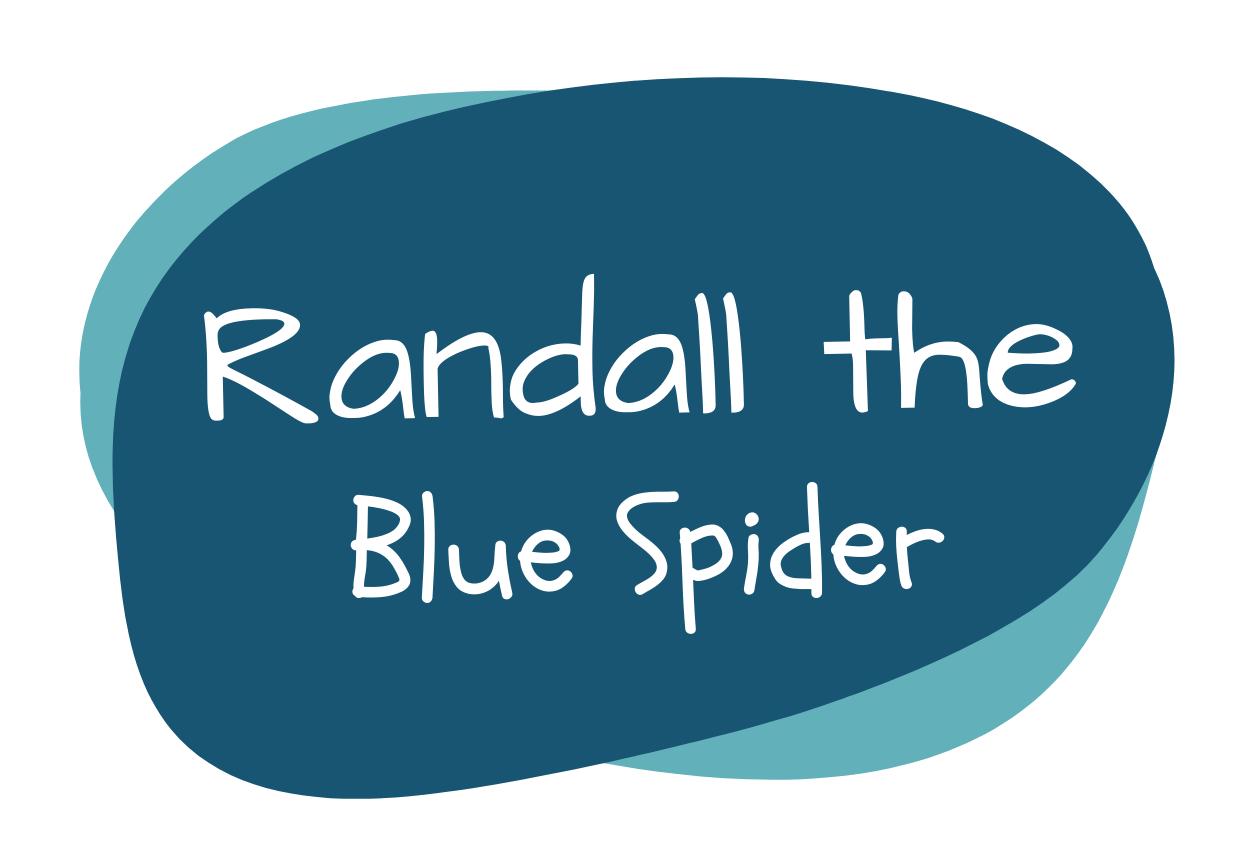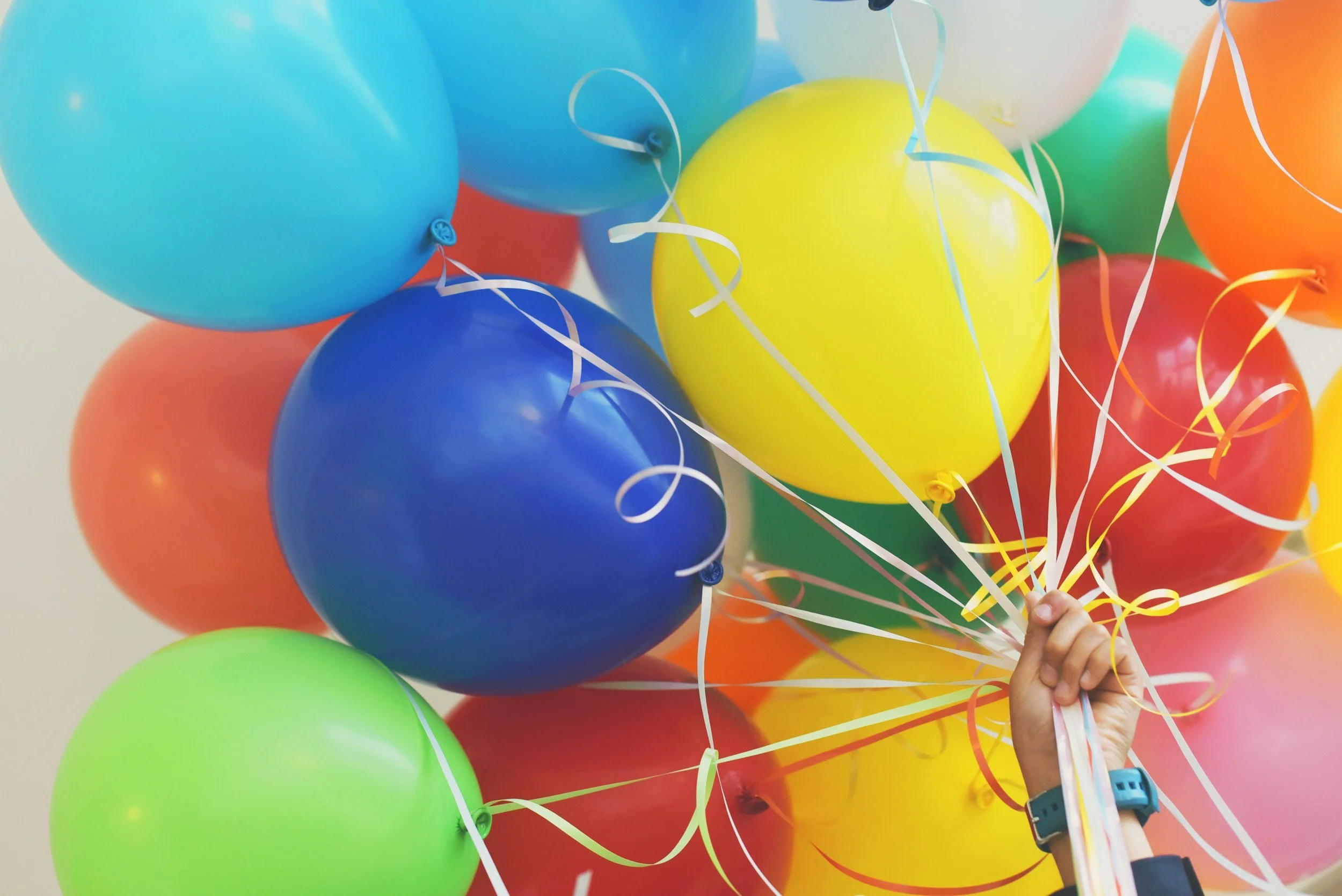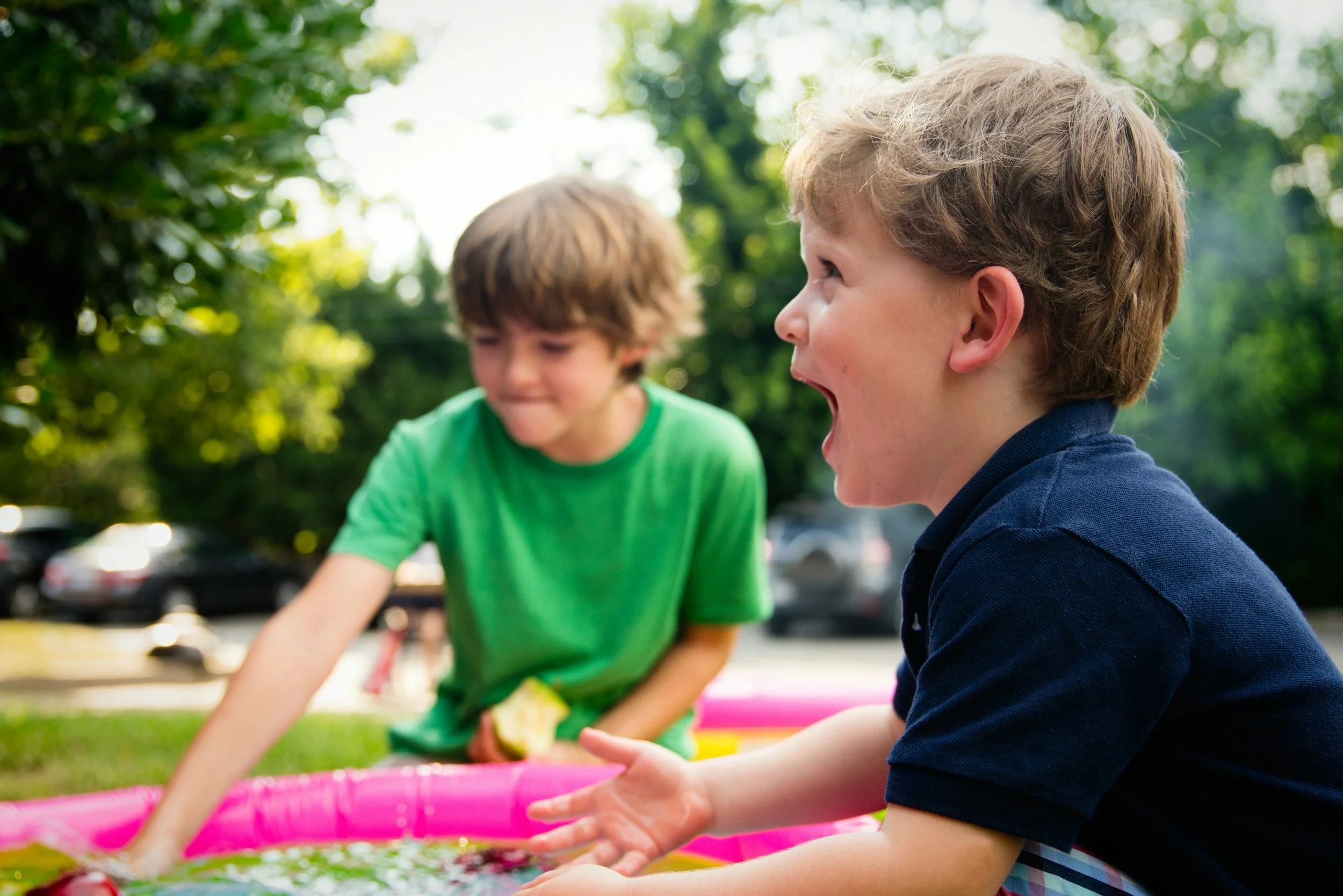Does Your Child Feel Sad after a Party? Helping Kids Manage Big Feelings After An Event
As parents of neurodivergent children, we’re always aware of the unique ways our kids experience the world. Exciting events like birthday parties, holidays, or even a school field trip can bring so much joy and anticipation. But when the event is over, our children are often left feeling a deep sense of sadness or emptiness. It’s a feeling many of us can relate to—the crash after the high.
Why does my child feel sad after a birthday party?
For neurodivergent children, especially those with ADHD or heightened sensory sensitivities, this shift can be even more intense. Their brains are wired to experience big emotions on a grand scale, so the drop from excitement to normalcy can hit harder. Helping them navigate that transition is key to building emotional resilience.
Understanding the "Crash" After Excitement
When your child experiences something exciting, their brain is flooded with dopamine—the chemical that makes them feel good and energized. But when the event is over, that dopamine drops, leaving them feeling low. This is a normal part of the brain’s process, but it can be particularly overwhelming for neurodivergent children, who may not know how to express or manage these emotions.
Actionable Steps To Support Kids with Big Feelings After a Party:
Create a Post-Event Routine
Just as we prepare our kids for exciting events, it’s important to prepare them for the comedown. Establish a comforting routine for after the event, whether it’s looking at pictures from the day, talking about their favorite moments, or engaging in a quiet activity. This helps them process the fun while gently easing into calmer emotions.Sensory Play and Gentle Activities
Neurodivergent children often benefit from sensory activities that help them ground themselves. Consider giving your child some kinetic sand, slime, or a favorite fidget toy to play with. These activities provide comfort and calm in a way that’s fun and engaging.Teach Emotional Awareness
Use simple language to help your child understand what they’re feeling. You can say things like, “It’s okay to feel a little sad after something fun. It’s just your brain’s way of taking a break.” This validates their feelings and helps them understand that what they’re experiencing is normal.Incorporate Movement
Gentle movement can help reset your child’s emotions. Go for a walk, have a dance party, or encourage them to play outside. Physical activity can boost their mood and release any lingering energy or stress.Use Visual Schedules
Neurodivergent kids often find comfort in knowing what’s coming next. Create a visual schedule that shows upcoming activities or events they can look forward to. This helps shift their focus from what’s ending to what’s next, reducing the sense of loss that often comes after excitement.Model Coping Strategies
We can model healthy ways to cope with emotions. Talk to your child about how you deal with your own feelings after something fun ends. You could say, “After a fun day, I like to take a few deep breaths or relax with a book to help me feel better.”
These small steps can make a big difference in your child’s emotional well-being.
Building Your Child’s Emotional Resilience Over Time
These strategies not only help in the moment but also build long-term emotional skills that will serve your child throughout their life. By providing simple, actionable tools, you’re helping your child understand their emotions and find ways to manage them effectively.
We can empower our neurodivergent children to embrace all their feelings—from the highs of joy to the lows that follow—by teaching them that it’s okay to feel sad after something exciting and giving them the tools to handle it.
Why does my child feel sad after a birthday party? Managing big feelings and helping ease the transition
The transition from excitement to everyday life can be challenging for neurodivergent children, but with the right support, we can help them navigate those emotional shifts. By creating routines, engaging in sensory activities, and modeling emotional awareness, we can ease the post-event blues and teach our children how to handle the highs and lows of life with resilience.


